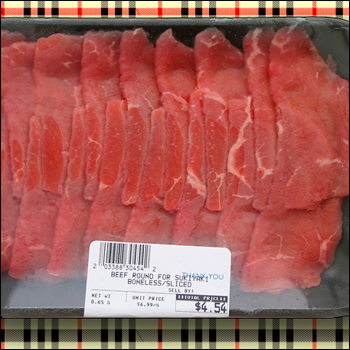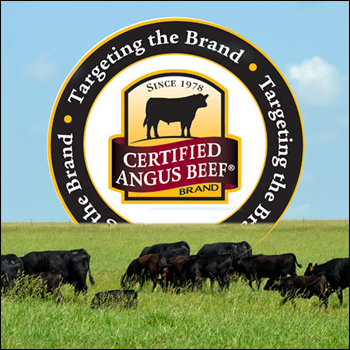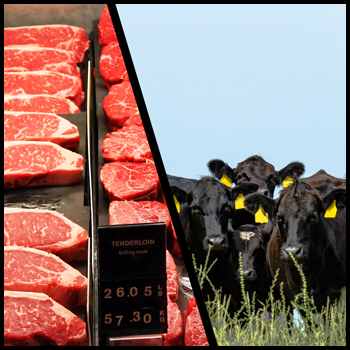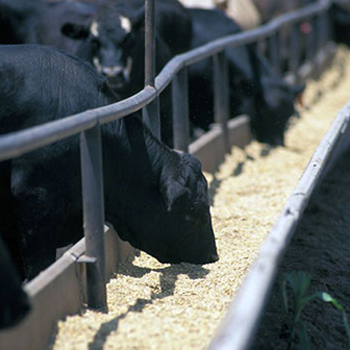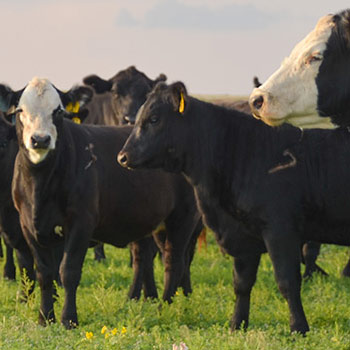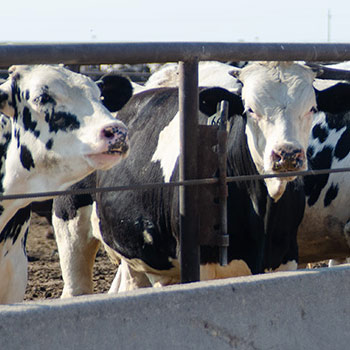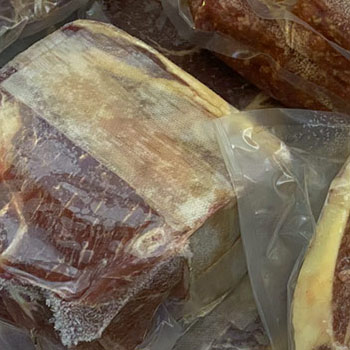RAMP-UP Act to Ease Processing Bottleneck
RAMP-UP Act will help meat and poultry processors access inspection to meet demand.

House Agriculture Committee Chairman Collin Peterson of Minnesota and former Chairman Frank Lucas of Oklahoma joined Reps. Sanford Bishop of Georgia, Jeff Fortenberry of Nebraska, Chellie Pingree of Maine, G.T. Thompson of Pennsylvania, Jim Costa of California, David Rouzer of North Carolina, Angie Craig of Minnesota and Robert Aderholt of Alabama, July 2 to introduce the Requiring Assistance to Meat Processors for Upgrading Plants (RAMP-UP) Act.
This legislation would establish a program to make facility upgrade and planning grants to existing meat and poultry processors to help them move to federal inspection and be able to sell their products across state lines. The legislation will also require USDA to work with states and report on ways to improve the existing Cooperative Interstate Shipment (CIS) program.
“We have seen the importance of having meat and poultry processors of all sizes in Minnesota and across the country over the past few months,” said Chairman Peterson. “The RAMP-UP Act will provide grants to help these rural small businesses meet that demand, wherever their customers live.”
“Right now, America’s meat producers and processors are facing unprecedented market challenges. At a time when producers are experiencing increased demand for high-quality meat, meat processors across the United States are racing to increase their capacity to meet the demands of consumers and producers,” said Rep. Lucas. “The RAMP-UP Act gives processors the tools to become federally inspected facilities, which widens their customer base while maintaining strong inspection standards. I’m proud to join my friend and Agriculture Committee Chairman, Congressman Collin Peterson, in expanding the opportunities for not only Oklahoma’s processing facilities but meat processors across the United States.”
“During the coronavirus pandemic, we’ve seen how disruptions in just a few meat and poultry facilities can create ripple effects throughout the entire supply chain. We must shift towards a more diversified and resilient processing model,” said Rep. Pingree. “The RAMP-UP Act would help defray the costs of attaining federal inspection for meat and poultry processing facilities, which will give local producers more options to get food to their customers. I’m proud to join as an original co-sponsor of this legislation that will help get local foods on our constituents’ plates.”
“Disruptions to meat processing this spring showed that our current system needs greater flexibility. I am an original co-sponsor of this legislation because increased competition and capacity in the meat-processing sector is good for farmers and the American consumer,” said Rep. Aderholt. “The RAMP-UP Act will help address the current backlog of livestock and build a stronger industry for the future.”
The RAMP-UP Act has the added support of a broad range of livestock, farm and agricultural associations.
“The livestock and processing sectors faced severe impacts amidst the COVID-19 outbreak. The RAMP-UP Act addresses some of the most urgent needs, and I am grateful that it reflects the feedback I heard from state agricultural leaders across the country. Now is the time to act swiftly on the evolution of the processing industry,” said Blayne Arthur, secretary of agriculture of Oklahoma, and chair of the National Association of State Departments of Agriculture’s (NASDA’s) Animal Agriculture Committee.
“The COVID-19 pandemic caused unprecedented disruptions to beef processing, which were devastating to cattle producers. The RAMP-UP Act addresses these supply chain issues by ensuring cattle ranchers and farmers have robust access to new markets regardless of where their livestock is processed,” said Don Schiefelbein, National Cattlemen’s Beef Association vice president and American Angus Association president. “We’re grateful to Chairman Peterson and Rep. Lucas for their leadership and attention to this critical issue.”
“Over the past several decades, we have come to rely on fewer and larger facilities to process all of our meat,” said National Farmers Union President Rob Larew. “This system, though efficient, is particularly vulnerable to disruptions — a fact that has become impossible to ignore as coronavirus outbreaks at just a handful of plants have backed up the entire supply chain. Small and medium-sized plants can ensure greater resilience and food security in times of crisis, as well as flexibility in marketing for farmers and ranchers. By helping meat processing plants cover the often prohibitive cost of federal inspections, the RAMP-UP Act will bolster a strong and reliable meat supply chain for farmers and consumers alike.”
“As Congress looks at ways to make our food system more resilient for farmers and ranchers and for consumers, the American Farm Bureau Federation appreciates Chairman Peterson and Reps. Lucas and Fortenberry and others for introducing this bill to increase meat and poultry processing capacity,” said American Farm Bureau Federation President Zippy Duvall. “At the same time as this bill will help more processing facilities attain federal inspection status and ensure producers have a market for their poultry and livestock, it also ensures the safety and abundance of the food supply.
“Previous COVID-related harvest facility disruptions created a lasting bottleneck on farms where millions of hogs remain backed-up,” said National Pork Producers Council President Howard Roth. “As a result, we face mounting financial losses and a severe emotional strain. We thank Congressmen Peterson, Fortenberry and Lucas for taking steps to expand harvest capacity and bring much-needed relief to American hog farmers.”
"By providing assistance to help small meat and poultry establishments attain federal inspection status without sacrificing critical food safety standards, the RAMP-UP Act represents a suitable approach in expanding capacity during times of food supply disruptions. Consumer Reports commends Chairman Peterson for his work on this bill,” said Brian Ronholm, director of food policy at Consumer Reports.
Editor’s note: This article is from the House Committee on Agriculture. More information on this legislation can be found at this summary and full text.

